Hi, all—
I hope everyone's April has gotten off to a great start & that the flowers around you have begun to bloom! I'd initially planned for this newsletter to be about life's opportunities. Instead, I've decided to discuss the Great Wall of Silence—also known as writer's block. I call it the former, because that's what a writer's block really is. Silence. Especially in me.
Now, there's another issue that writers face that's often mistaken for a block: burnout. Burnout is real & can be lengthy and truly devastating. I've experienced & managed to get past two types of burnout: creative & emotional. We'll touch on those in a future newsletter. This NL is about the dreaded block—that time when a writer sits down to work & reaches deep inside their brain and finds…nothing.
I'm stubborn. It took years of writing for me to recognize, and then accept, that a writer's block is simply my subconscious brain's way of telling me to Stop. Take a moment, a day or even a week, and assess. Figure out what's wrong. Because something is. And the worst part? I slam into those quiet walls far more than I'd like to admit.
They're so inevitable that I plan for them. But those are two very good things: the planning & the wall. You read that right. As much as any creative person can, I've learned to embrace blocks. They force me to pause & take that often crucial step back. To recognize where I've gone wrong in my story & figure out how to fix it. Before the book goes to my alpha reader & editor—and definitely before it goes on sale & gets to you. That's a true gift from my subconscious, not a curse.🎁
So how do I plan for a block? I write in a program called Scrivener. One of its nifty features is a book & writing-session target tracker. I use the feature to track my daily word count and my overall manuscript progress. But at the start, when I plug in the deadline date for my first draft, I can also tell the program if I want to take certain days of the week off from writing. Which I do...and I don't.
Why? I've also leaned through painful trial & very ugly error that I'm the type of writer who needs to plant her tush in the chair every single day. Even if it's just to do another rolling edit of what's already there. It keeps the neurons firing deep in my brain, and for me, that's critical. Starting up again, after even a day away, can be like heading out into an Alaskan winter to start a car. Yep, it can take time before those fresh words begin churning. Longer to get the ones that are fit to keep! So days off come with a risk that this working writer simply can't afford. Hence when I get to a day off, I still write, though it's usually for just a few hours. I "save up" those extra words and "spend" them when I hit that inevitable wall. Which I recently did. Again.
Last Friday, I tossed off a comment during a call with my brilliant alpha reader about a change to a scene I'd decided to make on the fly. I wrote the change. And while the prose was fine—pretty good, even—I hit that @#$! wall. I tried to push though & even got a few sentences down. But the next scene just would not come. I tried a dozen different approaches on Saturday and finally reverted to spot editing.
I wasn't worried. Saturday was my day off. Adding 0 new words would not affect my overall word count for the manuscript, let alone the looming 1st draft deadline date. I told myself to relax, shut down the computer. Take a shower. It'll come.
But it didn't.
And then, late Sunday evening, it smacked into me while I was loading the dishes: in weaving in the latest change I'd come up with, Kate was not in the right frame of mind emotionally for the following scene—and it was throwing everything off. Worse: the emotional arc no longer flowed. As a reader, you know what I mean. You're skipping along in a book & then you hit something that just falls flat. And it bugs you so much, you can never quite get past it, even after you've finished the book.
This is what a writer's subconscious tries to prevent when it throws up that block. So, it behooves me—and other writers, I suspect—to not skip that part & just keep writing as many how-to books suggest. Instead, many of us should stop for a moment. Listen. Figure out what's wrong & find a way to fix it.
For what it's worth, last month I managed dismal 119 words during a previous block in this manuscript. Fortunately, I figured out the issue quickly. The day I fixed things, I logged 3,106 words. (An exceptional day for me.) Yep, I keep a record. It helps me to maintain my focus—and offers valuable reassurance when the next block hits.
So there you have it: my take on the not-so-dreaded writer's block.
As I mentioned earlier, it's an entirely different animal than burnout. But we'll attack those in a future newsletter.
—Candace
